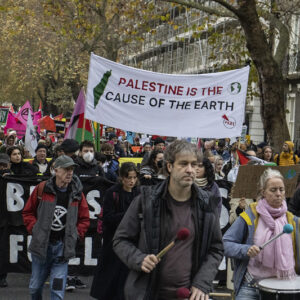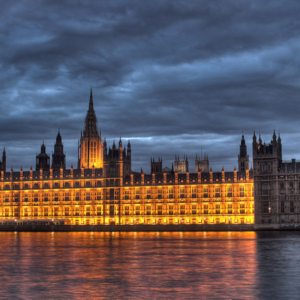Upon his arrival at London’s St. Pancras International train station, Ernest was seized by the jaws of an unfathomable bureaucratic machine. The French state, aware it could not pry the desired answers from Ernest within its own borders, sent hushed whispers across La Manche, preceding the train’s arrival, preparing the sinister trap that would ensnare him the moment he stepped onto foreign soil. For six hours, he was subjected to questioning about his political beliefs, as though he were but a cog in the British state’s apparatus. It was during the interrogation, in a cold and sterile room, where the true absurdity of his situation revealed itself. The faceless Police interrogators demanded that Ernest disclose the names of the “anti-government” authors in the catalogue of the publishing house La Fabrique, for which he worked. The chilling question hung in the air like a guillotine blade, ready to sever his ties to the free world.
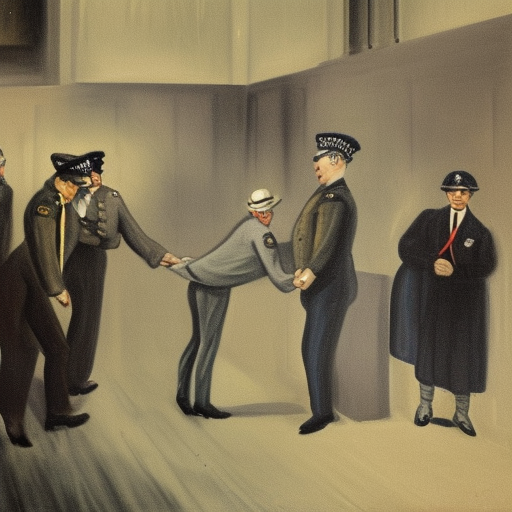
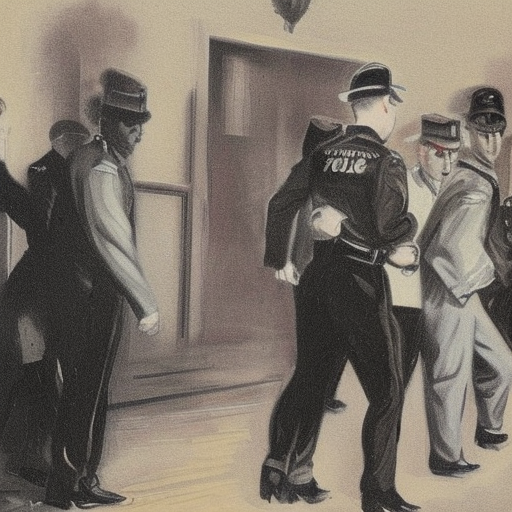
Though released on bail the following day, the confiscation of his phone and computer served as a chilling reminder of the omnipresent power of the French and British state. France and Britain, those great beacons of liberty and free expression, would quickly extinguish their own light at the first sign of a threat. A statement from the publishers echoed the surreal nature of the inquiry:
“Perhaps most seriously, during his interrogation, he was asked to name the ‘anti-government’ authors in the catalogue of the publishing house La Fabrique, for which he works. None of these questions should be relevant to a British police officer.”
Yet there he was, trapped in a world where the French State’s desire for control had insidiously seeped into the realm of literature and ideas. This focus on the political beliefs of authors associated with La Fabrique served as a stark reminder of the precarious balance between liberty and oppression, and the potential for counter-terrorism powers to be manipulated in the pursuit of silencing dissent.
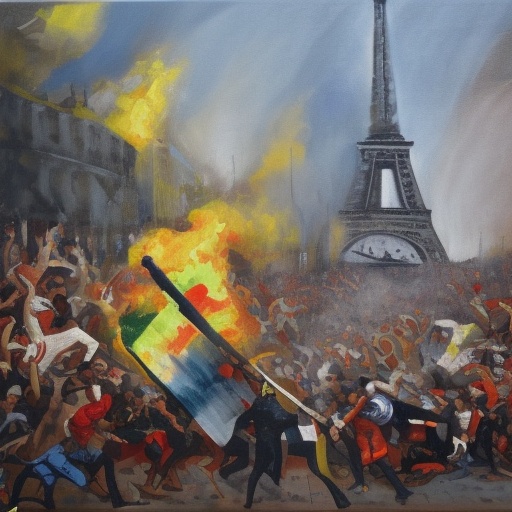
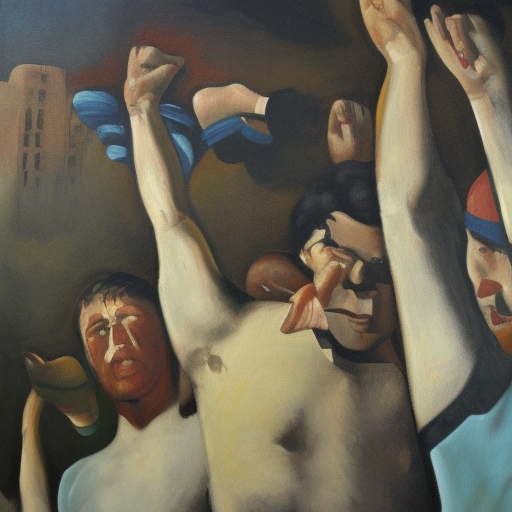
The absurdity of Ernest’s arrest has not gone unnoticed. Publishers, writers, and human rights groups alike have voiced their disquiet, condemning the government’s utilisation of counter-terrorism powers as a means to quash dissent. “This is a chilling attack on the freedom of expression,” warned PEN International, a global writers’ association. The National Union of Journalists (NUJ) joined the outcry, expressing dismay at the extraordinary actions of the British police, who have acted at the request of the French government. Pamela Morton, a senior organiser for books and magazines at the NUJ, remarked, “The arrest of Ernest is a serious threat to the freedom of the press.”
The repercussions of this Kafkaesque ordeal extend beyond Ernest himself, casting doubt on the future of the London Book Fair. The event, a beacon for international publishers and authors, now bears the taint of a government willing to silence dissenting voices. Karen Sullivan, founder of independent publisher Orenda Books, lamented, “This arrest is a major blow to the London Book Fair.”
The disconcerting arrest of Ernest raises grave concerns about the state’s commitment to safeguarding freedom of expression. It is vital that the government acknowledges the scope of its own power and ensures that counter-terrorism measures are not exploited to stifle dissent. The unnerving episode of Ernest’s arrest exposes an eerie interplay between nations, with the French poodle skilfully manipulating the English bulldog’s tail in a sinister dance. This bizarre spectacle underscores the hidden dangers that emerge when one government wields influence over another in matters that jeopardise the essence of individual freedom.
Source >> anti capitalist musings
Art Book Review Books Campism Capitalism China Climate Emergency Conservative Government Conservative Party COVID-19 Creeping Fascism Economics EcoSocialism Elections Europe Far-Right Fascism Film Film Review Fourth International France Gaza History Imperialism Iran Israel Italy Keir Starmer Labour Party Long Read Marxism Marxist Theory Migrants Palestine pandemic Protest Review Russia Solidarity Statement Trade Unionism Ukraine United States of America War Women
Latest articles
- Your Party Scotland: What the Conference Revealed About Left RegroupmentPostscript: A Name Removed, A Point That Stands by Red Mole.
- Lee Miller ‑a radical lifeDave Kellaway reviews the Lee Miller exhibition at Tate Britain
- No other choice… under capitalismDave Kellaway reviews No Other Choice (2025) directed by Park Chan Wook and starring Lee Byung-hun and Son Ye-jin. In cinemas now and nominated for the Oscars
- Review: Gaza – the story of a genocideTony Richardson reviews ‘The story of a Genocide’ edited by Fatima Bhutto and Sonia Faleiro, publiished by Verso Books, 2025.
- Reforms – Choose Dignity, Unity and Human RightsWith the Government consultation closing on February 12th, Hackney Cllr Claudia Turbet-Delof issues an urgent call to action.





